Circuit Description
The aftertreatment temperature sensors are used by the electronic control module (ECM) to monitor the engine exhaust temperatures in the aftertreatment system. The aftertreatment temperature sensors are thermistors and change resistance based on the temperature being measured. The ECM provides a 5 volt reference voltage to the sensor. The ECM monitors the change in signal voltage and converts this to a temperature value.
When the exhaust temperature is low, the sensor or thermistor resistance is high. The ECM signal voltage only pulls down a small amount through the sensor to ground. Therefore, the ECM senses a high signal voltage or a low temperature. When the exhaust gas temperature is high, the sensor resistance is low. The signal voltage pulls down a large amount. Therefore, the ECM senses a low signal voltage, or a high temperature.
Component Location
The aftertreatment diesel oxidation catalyst intake temperature sensor is located in the aftertreatment system. It is located at the intake of the aftertreatment catalyst. Refer to the OEM service manual.
Conditions for Running the Diagnostics
This diagnostic runs immediately after the engine has been started.
Conditions for Setting the Fault Codes
The diesel oxidation catalyst intake temperature is less than 150?C [302?F] for 5 minutes.
Action Taken When the Fault Code is Active
The ECM illuminates the amber CHECK ENGINE lamp and/or Malfunction Indicator Lamp (MIL) after the diagnostic fails on two consecutive trips.
Conditions for Clearing the Fault Code
To validate the repair, start the engine and let it idle for 5 minutes.
The fault code status displayed by INSITE? electronic service tool will change to INACTIVE immediately after the diagnostic runs and passes.
The ECM will turn off the amber CHECK ENGINE lamp after the diagnostic runs and passes.
For On-Board Diagnostics (OBD) engines, the ECM will turn off the MIL after three consecutive trips where the diagnostic runs and passes.
The ?Reset All Faults? command in INSITE? electronic service tool can be used to clear active and inactive faults, as well as extinguish the MIL for OBD applications.
Shop Talk
Possible causes of this fault code include:
A malfunctioning variable geometry turbocharger (VGT)
An in-range malfunction of the aftertreatment diesel oxidation catalyst intake temperature sensor
Exhaust system leaks.
Possible Cause:
1) Turbocharger failure
2) VGT Actuator failure
3) Charge-air cooler failure
4) ECM calibration


 AGCO
AGCO ALLISON
ALLISON BENDIX
BENDIX BOBCAT
BOBCAT CAT
CAT CLAAS
CLAAS CNH
CNH DAF
DAF DETROIT
DETROIT EATON
EATON FREIGHTLINER
FREIGHTLINER HINO
HINO HITACHI
HITACHI ISUZU
ISUZU JCB
JCB JOHN DEERE
JOHN DEERE JPRO
JPRO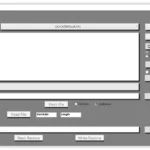 MAGIC TUNER
MAGIC TUNER MAN
MAN Navistar
Navistar PACCAR
PACCAR PERKINS
PERKINS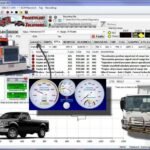 PF DIAGNOSE
PF DIAGNOSE PSI POWERLINK
PSI POWERLINK RENAULT
RENAULT SCANIA
SCANIA THERMO KING
THERMO KING UD NISSAN
UD NISSAN VOLVO
VOLVO WABCO
WABCO ZF TESTMAN
ZF TESTMAN
 BELL
BELL BENDIX
BENDIX BOBCAT
BOBCAT CARRIE
CARRIE DAF
DAF DETROIT
DETROIT EATON
EATON FUSO
FUSO MACK
MACK
 Cumminz
Cumminz ISB4.5 CM2150
ISB4.5 CM2150 All Engines (2017 Emissions)
All Engines (2017 Emissions) PACCAR
PACCAR
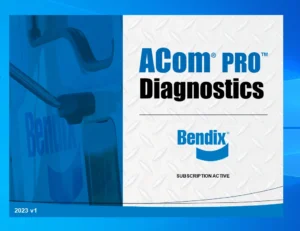

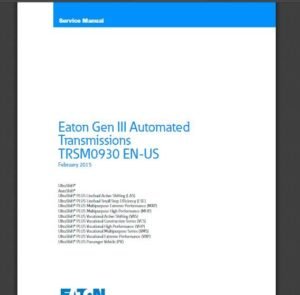
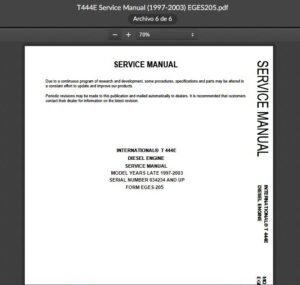
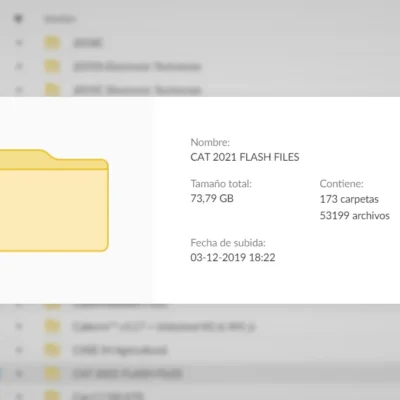
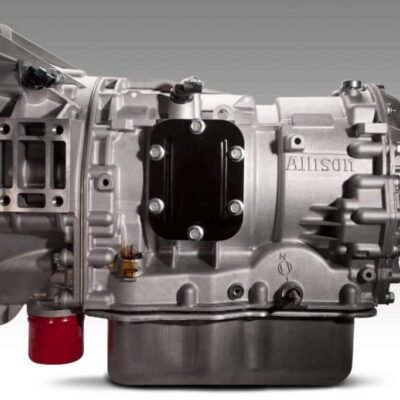

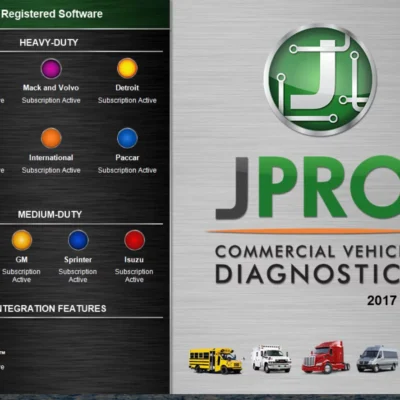

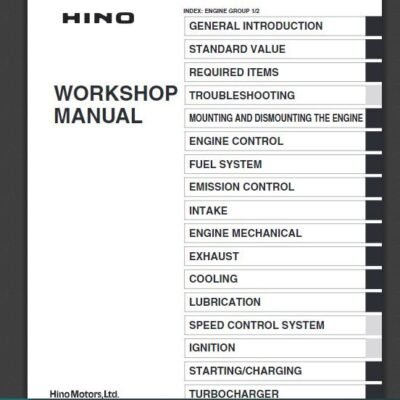
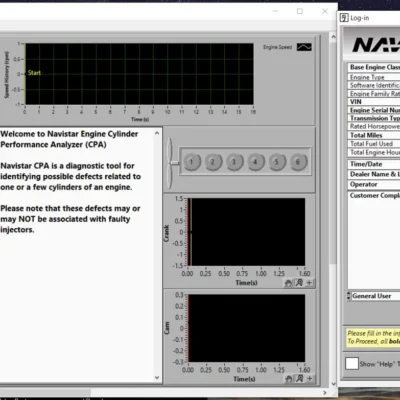

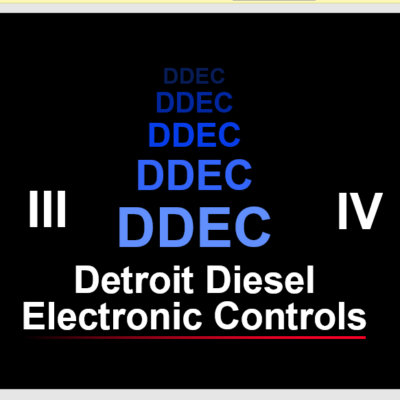
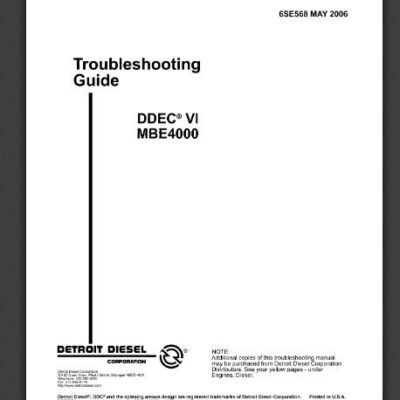
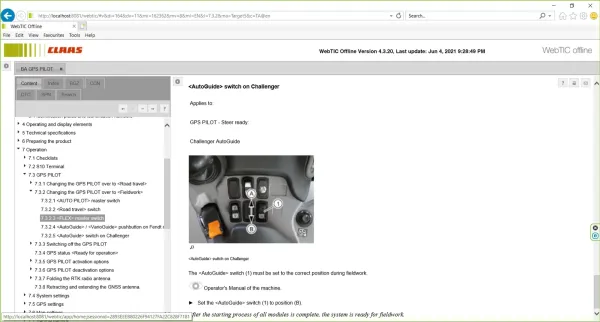

Reviews
Clear filtersThere are no reviews yet.